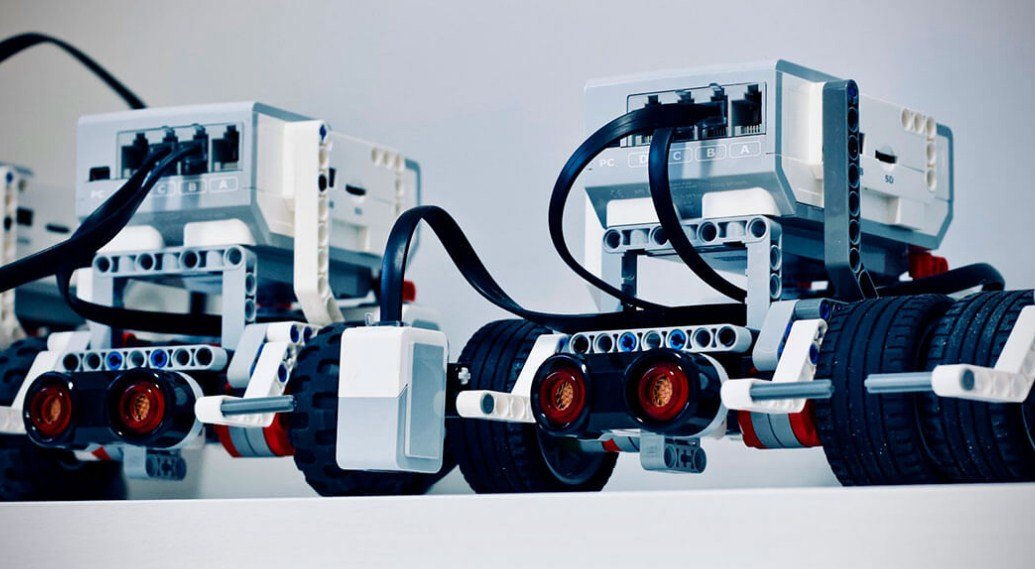Madeira, a Portuguese island in the Atlantic Ocean, is aiming to become a technology hub that can boost its economy and attract talent from around the world. The island has launched several initiatives to foster innovation and entrepreneurship, such as tax incentives, co-working spaces, and digital nomad visas.
Why Madeira?
Madeira is known for its natural beauty, mild climate, and rich culture. The island has a population of about 260,000 people and a GDP of about 5.6 billion euros. Tourism is the main economic activity, accounting for about 20% of the GDP. However, the island also faces some challenges, such as high unemployment, low productivity, and dependence on external markets.
To overcome these challenges, Madeira has set its sights on technology as a tool to diversify its economy and create new opportunities for its residents and visitors. The island has a strategic location, close to Europe, Africa, and America, and a favorable time zone, which makes it attractive for remote workers and digital nomads. The island also has a high-quality infrastructure, such as broadband internet, airports, and ports, and a low cost of living compared to other European destinations.
What Madeira Offers?
Madeira offers a range of incentives and benefits for technology companies and professionals who want to establish or relocate to the island. Some of these include:
- Tax benefits: Madeira has a special tax regime that grants reduced corporate and personal income tax rates, as well as exemptions from VAT, customs duties, and property taxes, for companies and individuals who operate in the International Business Centre of Madeira (IBC). The IBC is a free trade zone that covers various sectors, such as commerce, industry, services, and finance. The tax benefits are valid until 2027 and are subject to approval by the Portuguese and European authorities.
- Co-working spaces: Madeira has several co-working spaces that offer flexible and affordable work environments for entrepreneurs, freelancers, and remote workers. Some of these are Cowork Funchal, The Mill, and The Factory. These spaces provide access to high-speed internet, meeting rooms, events, and networking opportunities, as well as support services, such as legal, accounting, and marketing.
- Digital nomad visas: Madeira has launched a digital nomad village project that aims to attract and accommodate up to 100 remote workers for a period of one to six months. The project is located in Ponta do Sol, a coastal town in the south of the island, and offers free accommodation, workspaces, and community activities for the selected participants. The project is supported by the local government, the tourism board, and Startup Madeira, an organization that promotes innovation and entrepreneurship on the island.
What Madeira Achieves?
Madeira’s efforts to become a technology hub have already yielded some positive results. The island has attracted several technology companies and professionals from different countries, such as Germany, France, Brazil, and the United States. Some of the success stories are:
- Talkdesk: Talkdesk is a cloud-based contact center software company that was founded in 2011 by two Portuguese entrepreneurs, Tiago Paiva and Cristina Fonseca. The company has grown to become one of the leading players in the industry, with more than 1,800 customers and 800 employees worldwide. In 2018, Talkdesk opened an office in Madeira, where it currently employs about 100 people, mostly engineers and developers. The company chose Madeira for its talent pool, quality of life, and tax benefits.
- Cleverly: Cleverly is an artificial intelligence company that helps businesses automate and optimize their customer service operations. The company was founded in 2016 by three Portuguese entrepreneurs, Pedro Coelho, Cristina Fonseca, and João Dias. The company has raised over 10 million euros in funding and has clients such as Unbabel, Farfetch, and OLX. In 2019, Cleverly opened an office in Madeira, where it currently employs about 20 people, mostly data scientists and machine learning engineers. The company chose Madeira for its talent pool, quality of life, and tax benefits.
- Remote: Remote is a platform that enables companies to hire and manage global teams. The company was founded in 2019 by two Dutch entrepreneurs, Job van der Voort and Marcelo Lebre. The company has raised over 46 million dollars in funding and has clients such as GitLab, Loom, and Hotjar. In 2020, Remote opened an office in Madeira, where it currently employs about 30 people, mostly operations and support staff. The company chose Madeira for its strategic location, quality of life, and tax benefits.
Madeira’s ambition to become a technology hub is not only beneficial for the island, but also for Portugal and Europe. By fostering innovation and entrepreneurship, Madeira can contribute to the economic development and social cohesion of the region, as well as to the digital transformation and competitiveness of the continent.

